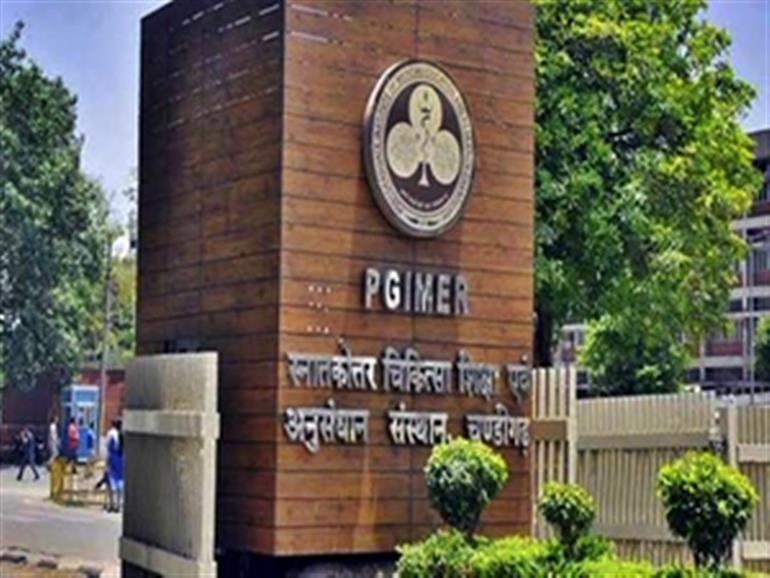Chandigarh: The Department of Hepatology at the Postgraduate Institute of Medical Education and Research (PGIMER) announced the launch of a special walk-in outpatient department (OPD) service aimed at improving the follow-up process for patients at its liver clinic, which serves around 1,000 patients weekly.
PGIMER Director Prof. Vivek Lal praised the initiative, highlighting its role in reducing long wait times and enhancing patient care. He noted that the new online system will facilitate timely consultations and alleviate pressure on the outpatient department.
Hospital Deputy Director (Administration) Pankaj Rai mentioned plans to connect this service with common service centers like e-Sampark and Lok Mitra Kendras in neighboring states to assist patients who may not be tech-savvy. “We aim to ensure this facility is accessible to everyone, regardless of their technological skills,” he stated.
The launch event attracted over 500 patients. Prof. Ajay Duseja, Head of the Department of Hepatology, described the new service as a “game changer” for patients, allowing them to manage their appointments proactively, which is particularly important for those with chronic liver conditions.
Historically, the liver clinic has catered mainly to patients suffering from chronic liver disease (CLD), many of whom relied on traditional walk-in registration methods. Long waiting times and uncertainty about daily patient volumes have created challenges for both patients and healthcare staff.
To improve efficiency, the Department of Hepatology has converted two dedicated rooms within the clinic—one for scheduling online appointments and the other for prioritizing follow-up examinations. Dr. Duseja mentioned that the service will initially be piloted for 30 patients in each liver clinic, laying the groundwork for future expansion. “As more patients utilize this facility, we plan to gradually increase capacity and the number of dedicated examination rooms,” he added.
